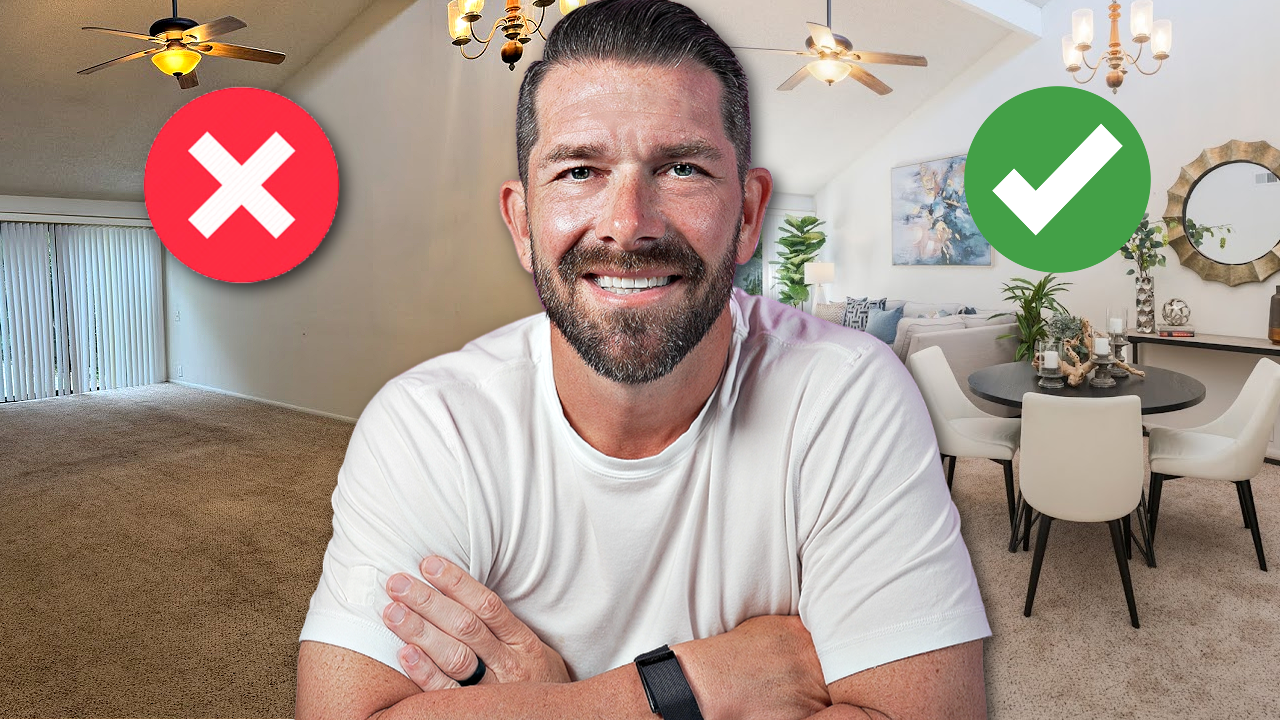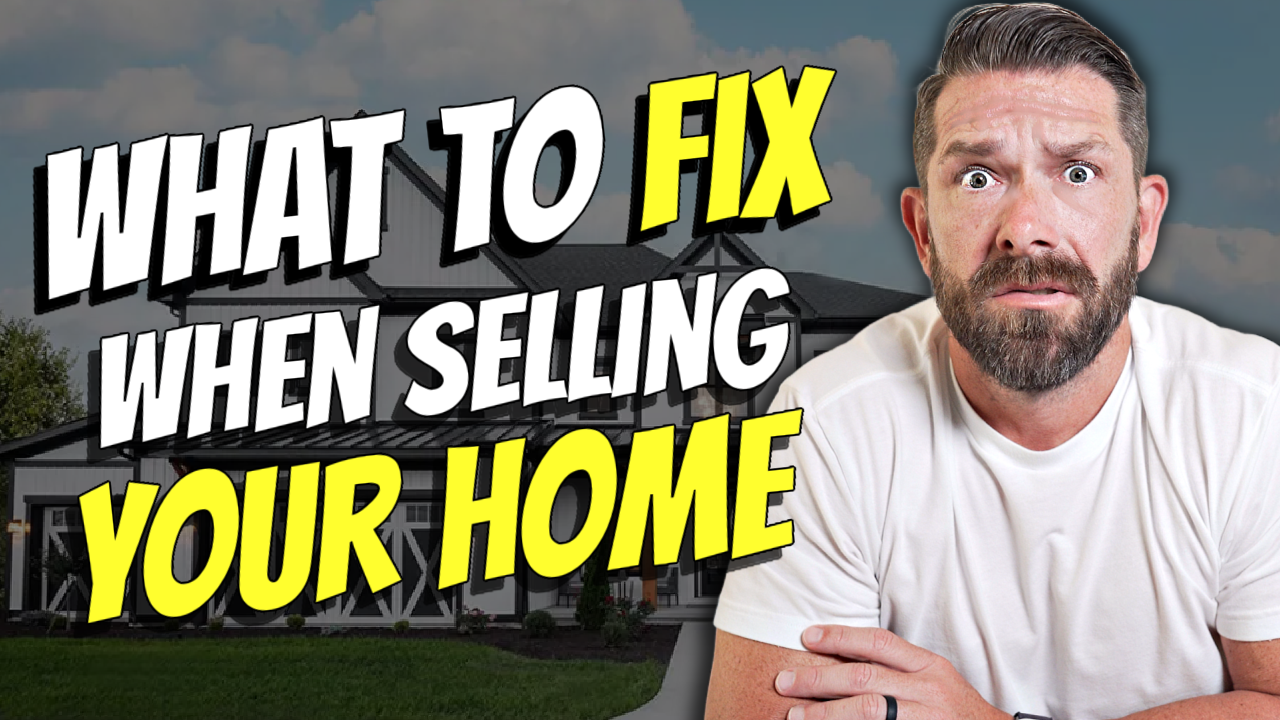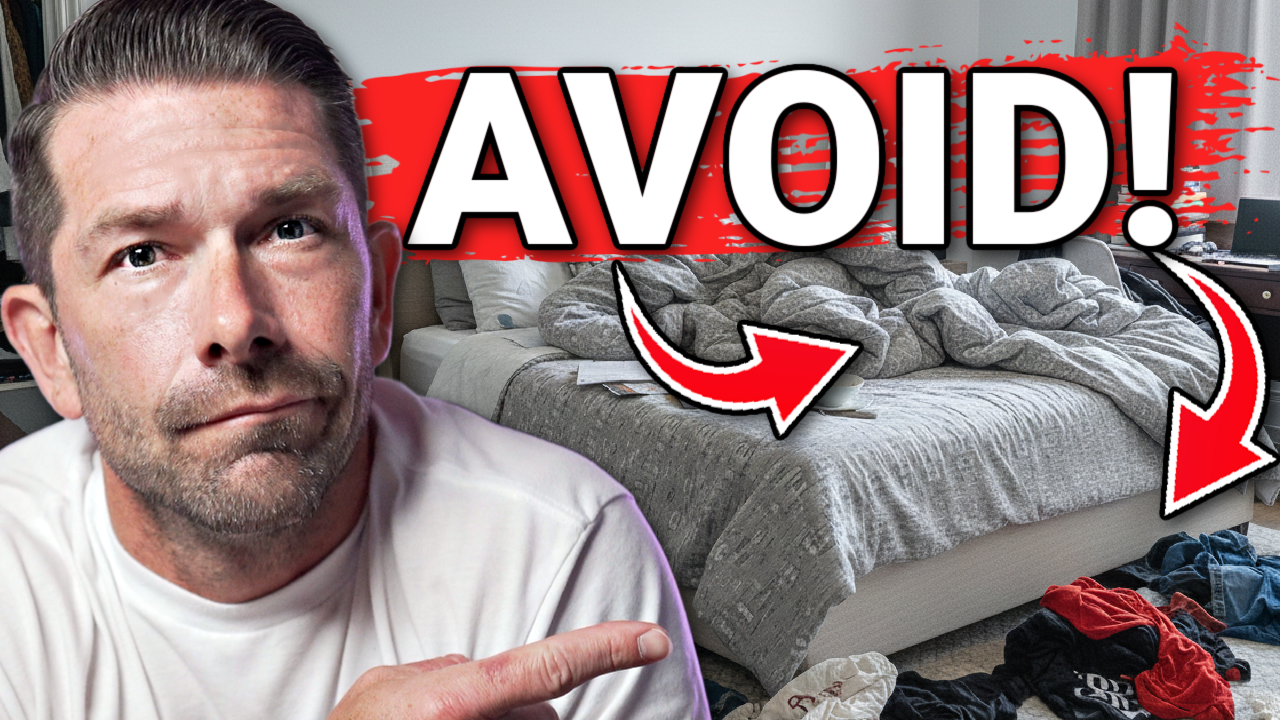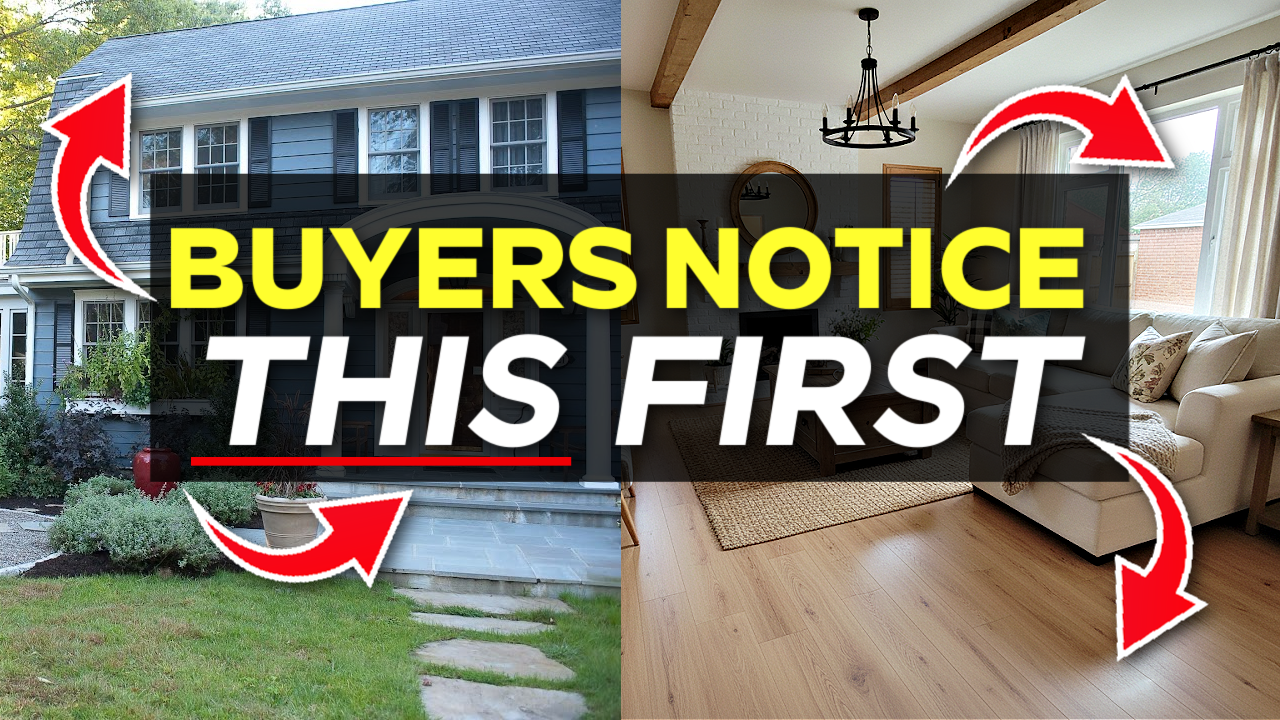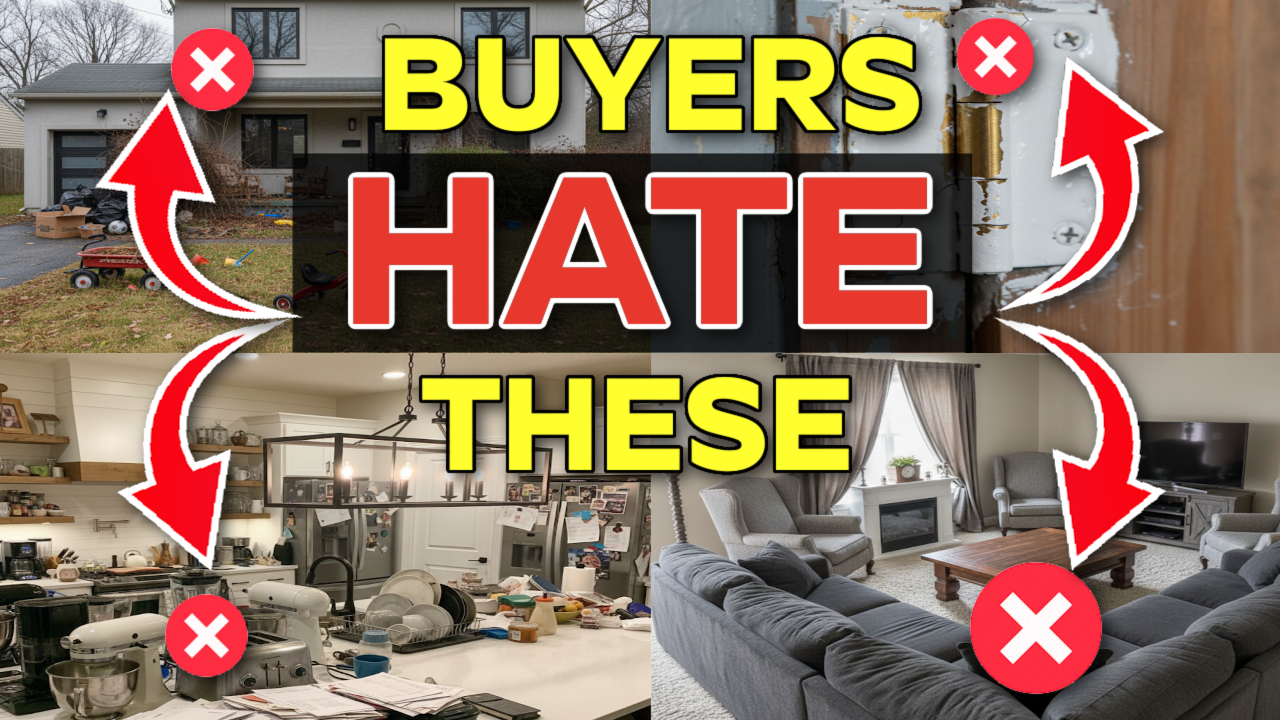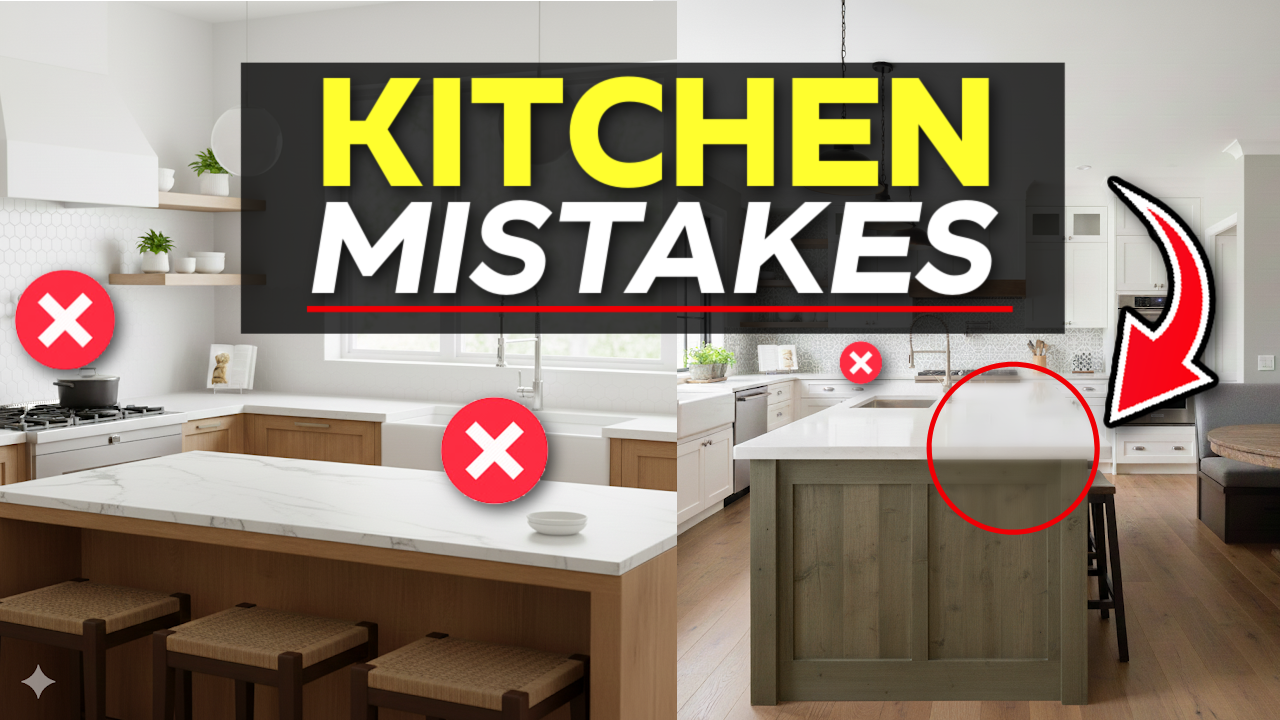Why You Should Avoid a Pre-Listing Inspection When Selling Your Home
Get The Latest OC Housing Report
Why You Should Avoid a Pre-Listing Inspection When Selling Your Home
When preparing your home for the market, your instincts might be to fix every little thing or even do a full pre-listing inspection. But this one mistake could cost you the sale—or thousands in unnecessary repairs. Before you start spending, let’s talk about the home upgrades to avoid when selling that might actually backfire.
Watch Before You List
Before you invest a dime in home improvements, check out the video below. It dives deep into why a pre-listing inspection might not be the smart move you think it is:
Ready to start the selling process the right way? Click here to get started.
Why Homeowners Consider Pre-Listing Inspections
A pre-listing inspection is done by sellers before putting their home on the market. It sounds proactive—find issues early, fix them, and avoid surprises. But often, this approach causes more harm than good. Here’s why:
- You’re legally required to disclose the results.
- Buyers can misinterpret inspection reports.
- You may end up fixing things that don’t actually matter to buyers.
1. Over-Improving Based on Inspection Reports
Buyers buy emotionally, not logically. If your report reveals a long list of minor or misunderstood issues, you risk scaring them off—especially if they don’t have the benefit of seeing the house in person first. Home inspectors are required to disclose items in a way that protects them legally, which often results in overstated problems.
Alt text recommendation:"Example of overwhelming home inspection report with red flags"
2. Spending Thousands Fixing the Wrong Things
One seller in Huntington Beach spent $12,000 repairing every item a pre-inspection flagged. Guess what? When a buyer made an offer, they requested their own inspection—and asked for entirely different repairs. The original fixes? Wasted money.
3. Disclosing More Than You Have To
When you perform any type of inspection—termite, mold, roof, sewer—you’re required to provide that report to future buyers. If your home falls out of escrow, every subsequent buyer sees that report. That means your well-meaning inspection could create lasting damage.
4. Ignoring What Actually Matters to Buyers
Buyers often care more about functionality and big-ticket items than small cosmetic fixes. Instead of investing in minor repairs:
- Ensure HVAC, plumbing, and electrical are working.
- Fix major appliance issues.
- Consider fresh paint or decluttering to improve first impressions.
5. Assuming Every Buyer Wants Perfection
Many buyers plan to renovate anyway. DIYers and contractors might want to customize the home, so your pre-sale repairs might be irrelevant. Some may even see them as cosmetic band-aids.
6. Losing Leverage in Negotiations
If you disclose a comprehensive inspection upfront, you may weaken your negotiating position. Let the buyer tell you what matters to them in a repair request after they’ve made an offer and completed their own inspection. That’s when you negotiate.
What You Should Fix Before Selling
Focus on improvements that directly affect buyer perception:
- Paint: Fresh, neutral tones help homes sell faster.
- Decluttering: Makes your space appear larger and more welcoming.
- High-ticket systems: If the HVAC, roof, or water heater is failing, fix it.
Alt text recommendation:"Before and after photos of staged home with decluttering and fresh paint"
How to Handle Repairs the Smart Way
Work with a trusted real estate agent to:
- Identify what’s truly necessary to attract buyers in your market.
- Postpone discretionary repairs until after the buyer submits their inspection report.
- Negotiate only on items that matter to the buyer.
What Top Agents Recommend Instead
Meet with an experienced real estate professional first. Someone who knows your market can help you:
- Pinpoint strategic repairs that help the home show better.
- Understand what local buyers actually care about.
- Avoid wasting money on things buyers overlook.
Pro Tip: Let the buyer lead. You’re not hiding anything—you’re giving them the opportunity to tell you what’s most important to them. That’s where real negotiation happens.
Final Thoughts: Think Strategically, Not Emotionally
Don’t get caught up in the idea that your home has to be perfect to sell. Most homes aren’t. Focus on first impressions, function, and letting the buyer’s feedback guide your decisions.
If you're ready to talk strategy before you list, click here to get started —we’ll help you save money, avoid unnecessary repairs, and reduce stress.
Like this content? Give the video a thumbs up, share with someone thinking about selling, and subscribe for more tips on how to sell your home smartly.

